RIYADH: Saudi Arabia’s startup ecosystem continues to gain momentum ahead of the Kingdom’s flagship technology conference, LEAP 2025, fintech, artificial intelligence, and industrial technology companies securing major funding rounds.
Key investments include Saudi-based peer-to-peer lending platform Forus securing a $60 million credit facility from Fasanara Capital.
The funding will enable Forus to provide over $150 million in working capital loans to Saudi small and medium-sized enterprises.
Founded in 2019 by Nosaibah Al-Rajhi, Forus has facilitated more than $390 million in working capital financing for over 400 Saudi SMEs.
The company aims to address financing gaps for businesses that struggle with access to traditional banking services.
Vminds.ai raises six-figure pre-seed investment

Founded by Ahmed Al-Mashhadi, vminds.ai is an intelligent, self-learning platform. Supplied
Saudi-based AI startup vminds.ai has closed a six-figure pre-seed funding round from undisclosed angel investors. The company plans to use the funds to support its platform’s official launch for individuals and its enterprise rollout in the third quarter of 2025.
Founded by Ahmed Al-Mashhadi, vminds.ai is an intelligent, self-learning platform that integrates more than 150 AI tools from global companies into a unified system. The startup aims to simplify AI adoption by businesses and individuals in the region.
Khazna closes $16m pre-series B round
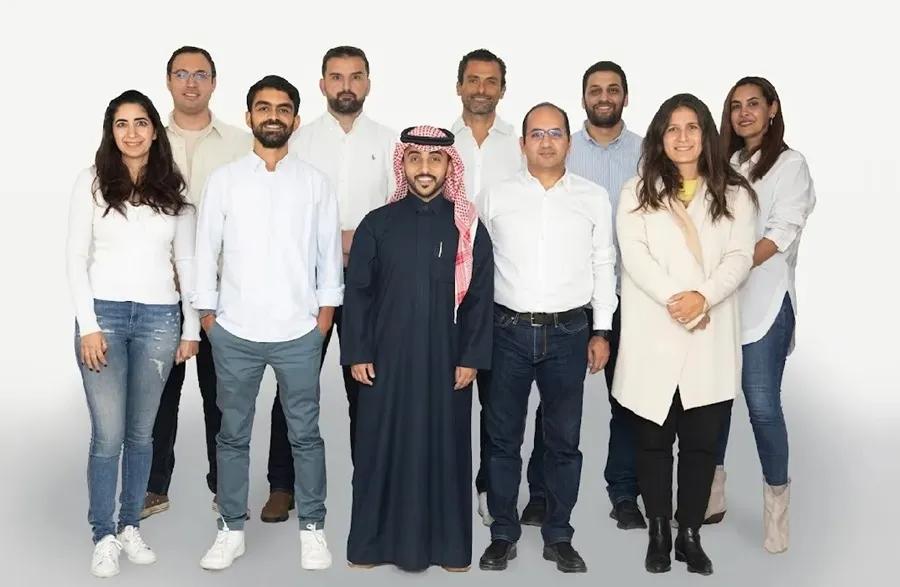
Launched in 2020 by Omar Saleh, Ahmed Wagueeh, and Fatimah El-Shenawy, Khazna focuses on serving Egypt’s underbanked population by providing access to financial services. Supplied
Egyptian fintech Khazna has secured a $16 million pre-series B funding round, with participation from new and existing investors, including SANAD Fund for MSME, anb Seed Fund, and Aljazira Capital, as well as Khwarizmi Ventures, Nclude, ICU Ventures, and Quona, Speedinvest, and Disruptech Ventures.
Launched in 2020 by Omar Saleh, Ahmed Wagueeh, and Fatimah El-Shenawy, Khazna focuses on serving Egypt’s underbanked population by providing access to financial services such as general-purpose credit, buy now, pay later, and bill payments.
The company plans to use the fresh funding to apply for a digital banking license in Egypt and expand into the Saudi market.
Simplex secures $13m to build CNC factory in Riyadh

Founded in 2013 by Ahmed Shaaban, Mohamed Mansour, and Amr Mahmoud, Simplex provides industrial manufacturing solutions across various sectors. Supplied
Egypt-based CNC machine manufacturer Simplex has raised $13 million in funding, led by Saudi Arabia’s National Industrial Development Center.
The investment will be used to establish a factory in Riyadh dedicated to producing advanced CNC machines.
Founded in 2013 by Ahmed Shaaban, Mohamed Mansour, and Amr Mahmoud, Simplex provides industrial manufacturing solutions across various sectors.
The company’s expansion into Saudi Arabia aligns with the Kingdom’s efforts to localize industrial production.
Myne raises $2m pre-seed round
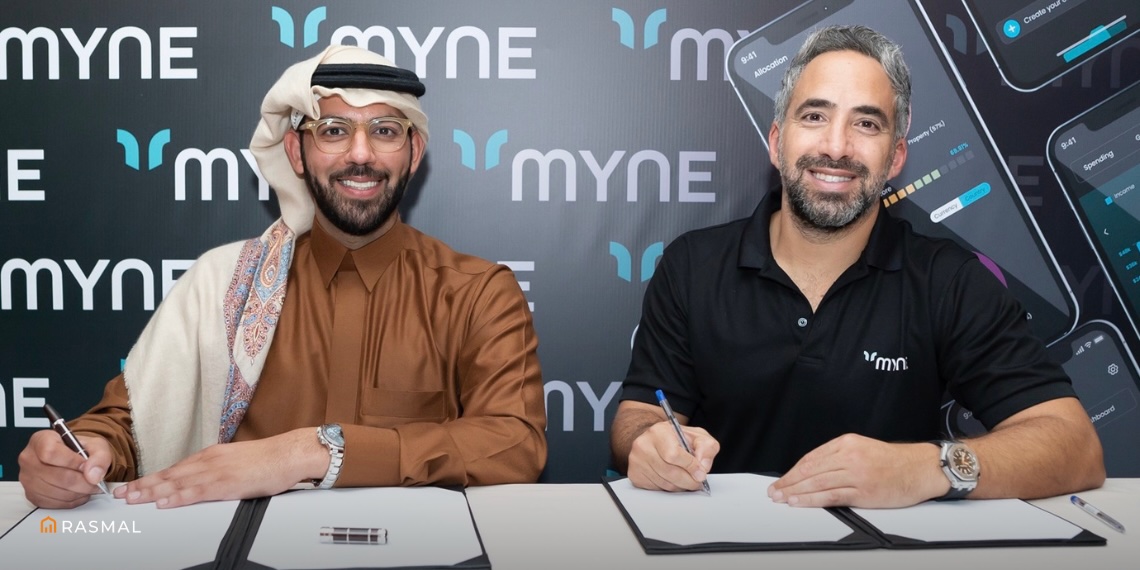
Founded in 2024 by Karim Chouman, Myne (R) is a wealth management platform offering asset tracking, real-time market integration, budgeting tools, and digital estate planning. Supplied
UAE-based fintech startup Myne has secured a $2 million pre-seed funding round led by Scene Holding, with participation from Raz Holding, Plus VC, Annex Investments, and angel investors.
Founded in 2024 by Karim Chouman, Myne is a wealth management platform offering asset tracking, real-time market integration, budgeting tools, and digital estate planning.
The funding will be used to scale operations, enhance the platform’s technology infrastructure, accelerate user acquisition, and expand regionally.
Qeen.ai secures $10m seed round

qeen.ai Founders Morteza Ibrahimi, Ahmad Khwileh, and Dina Alsamhan. Supplied
UAE-based AI startup qeen.ai has closed a $10 million seed funding round, marking one of the largest early-stage investments in the MENA region.
The round was led by Prosus Ventures, with participation from Wamda Capital, 10x Founders, and Dara Holdings.
Founded in 2023 by Dina Al-Samhan, Ahmad Khwileh, and Morteza Ibrahimi, qeen.ai offers AI-driven solutions for e-commerce businesses.
The funding will support the expansion of its agentic AI platform, team growth, and customer acquisition.
With this investment, qeen.ai has raised a total of $12.2 million, following a $2.2 million pre-seed round in June.
VISARUN.AI raises $700k in pre-seed funding
UAE-based visa-as-a-service platform VISARUN.AI has secured $700,000 in pre-seed funding from undisclosed angel investors.
The company plans to use the funds to enhance platform development, expand its sales team, and extend its footprint in the UAE, Saudi Arabia, Qatar, India, and China.
Founded in 2024 by Vladimir Indjikian and Alena Iakina, VISARUN.AI streamlines visa processing by reducing manual labor by up to 70 percent.
The platform aims to simplify and expedite visa applications for businesses and individuals.
Rasmal Ventures secures backing from QIA
Qatar-based venture capital firm Rasmal Ventures LLC has received funding from the Qatar Investment Authority under its $1 billion Fund of Funds program.
The investment will support Rasmal Ventures’ inaugural fund, Rasmal Innovation Fund I LLC, which focuses on high-growth startups across fintech, B2B Software-as-a-Service, health tech, and AI.
The fund, which launched in June with an initial $30 million from institutional investors and family offices, is targeting a $100 million close.
Rasmal Innovation Fund I is the first VC fund to join QIA’s initiative to boost Qatar’s startup ecosystem.
Beltone Venture Capital invests in Morocco’s LNKO
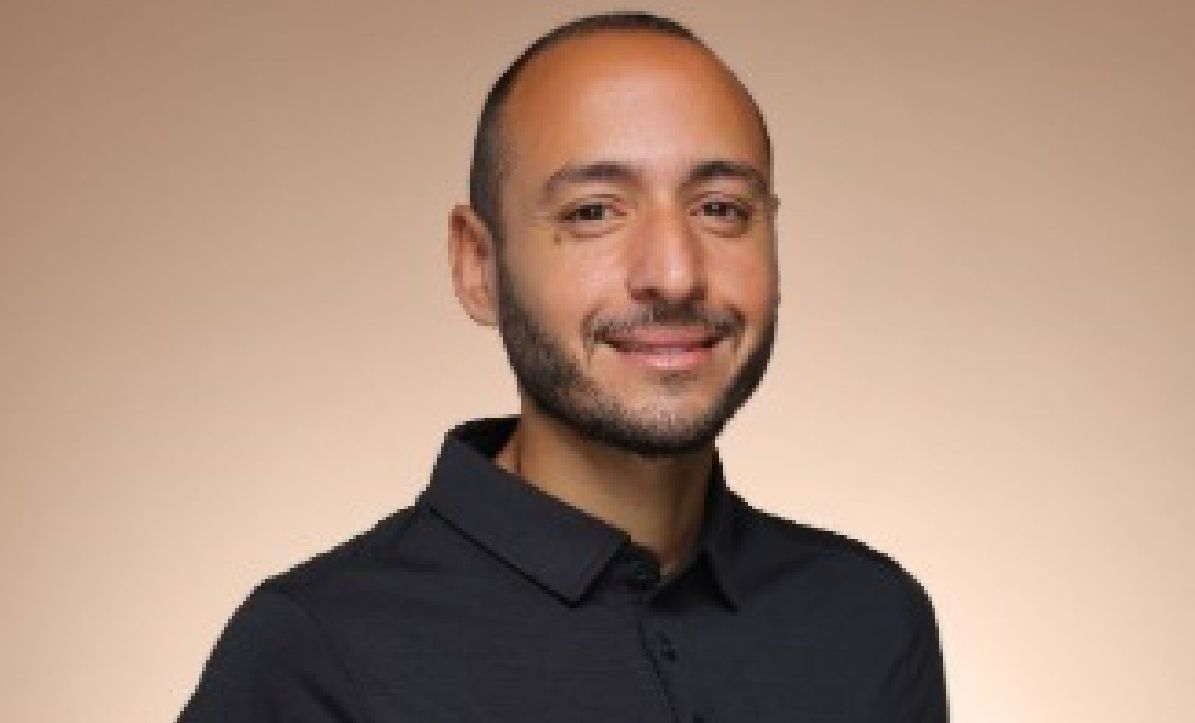
Ali Mokhtar, CEO of Beltone Venture Capital. Supplied
Egypt-based Beltone Venture Capital, the investment arm of Beltone Holding, has invested an undisclosed amount in Moroccan eyewear startup LNKO.
Founded in 2020 by Maha Bennani, LNKO operates a direct-to-consumer model, offering sunglasses and optical frames.
The company claims to have served over 100,000 customers. The investment will support LNKO’s expansion across Africa. In 2021, the startup raised $335,000 from CDG Invest.
Foundation Ventures announces first close of $25m fund
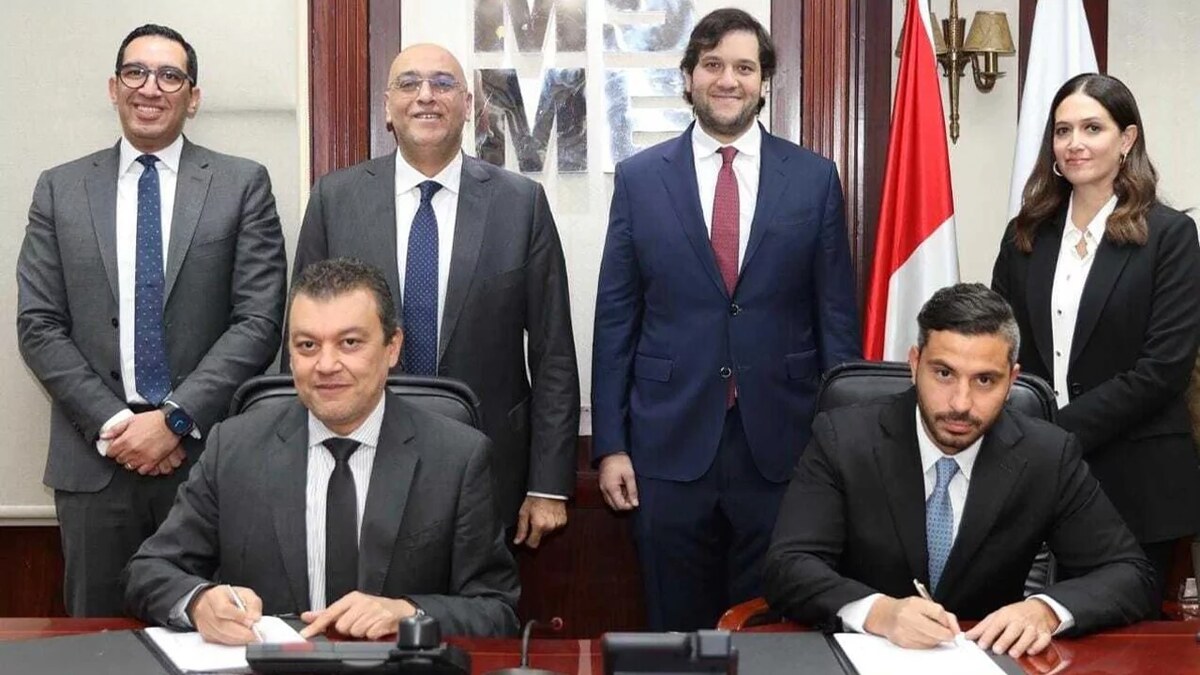
Founded in 2018 by Mazen Nadim, Omar Barakat, and Ziyad Hamdy, Foundation Ventures focuses on early-stage and growth-stage startups. Supplied
Egypt-based venture capital firm Foundation Ventures has reached the first close of its $25 million fund, FVFII.
The fund is backed by the Egyptian American Enterprise Fund, the Micro, Small, and Medium Enterprise Development Agency, and Onsi Sawiris.
Founded in 2018 by Mazen Nadim, Omar Barakat, and Ziyad Hamdy, Foundation Ventures focuses on early-stage and growth-stage startups.
The new fund aims to support Egyptian startups from their initial development to regional and global expansion, with a portion allocated for investment in African early-stage businesses.
EasyBank secures $370k for expansion
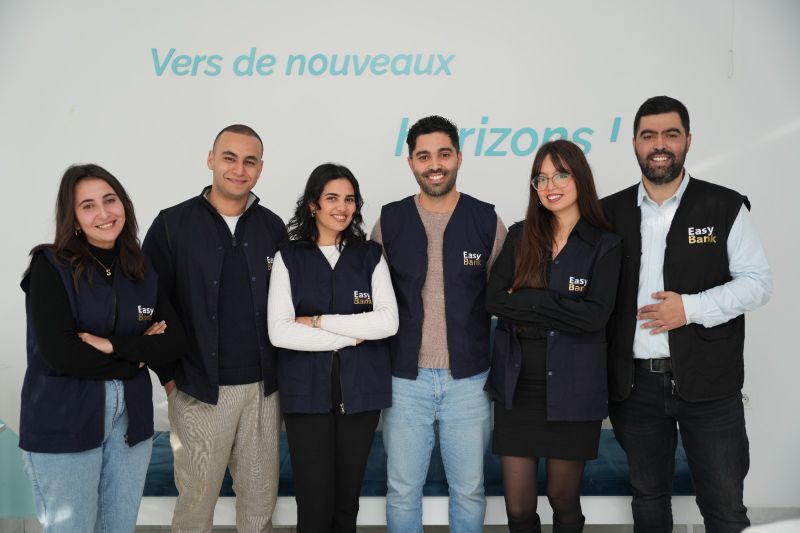
Founded in 2023 by Mohamed Khelifi, EasyBank provides digital banking solutions, including access to loans and other financial services. Supplied
Tunisia-based fintech EasyBank has raised $370,000 from undisclosed investors. The company plans to use the funds to expand operations across the Middle East, North Africa, and France.
Founded in 2023 by Mohamed Khelifi, EasyBank provides digital banking solutions, including access to loans and other financial services.
The startup aims to bridge financial inclusion gaps across emerging markets.





























